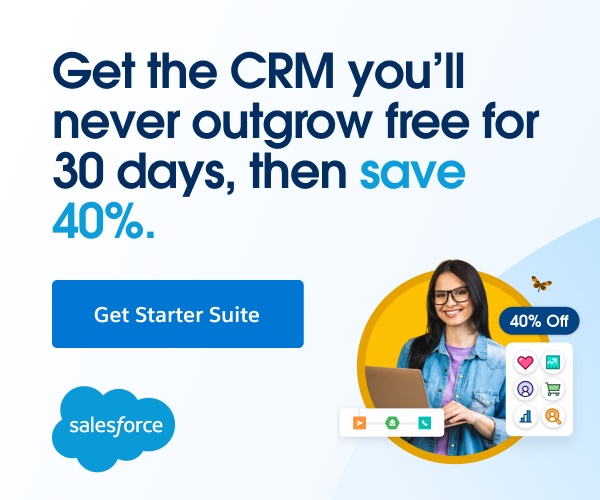When you are in the business of measuring and validating organisations on their social and environmental impact, the responsibility lies squarely at your feet to ensure that the companies you certify actually live up to the values and the ambitions they espouse, and deserve the accolades that come with the recognition you are giving them.
In addition, how your stamp is represented and communicated has to be carefully managed and uncompromising, otherwise its value is slowly degraded. Just look at the gradual decline in trust in movements like ‘Fairtrade’ as an example.
In the current social climate, sustainability and ESG ratings and stamps have become the lexicon-of-proof for businesses addressing the growing consumer appetite for corporate integrity. Unfortunately, many of these stamps do not offer the level of detail to judge if a business is ethical, and thus completely miss the point of what the sustainability journey actually means.
Firstly, we must realise that no one is good in the world of sustainability, and achieving a badge of honour mustn’t be the end goal of a tick-box assessment, or be presented in a way that indicates the company wielding it is in any way ‘sustainable’ or ‘ethical’ in their practices, as none of us are; we are all just starting out on a journey to ‘becoming better’. No matter how onerous the task to gain your stamp, fashioning it as an indication that you are ‘inherently good’ is a huge problem.
Secondly, understand that in the world of sustainability, we are constantly learning to be better. So, trying to recruit large companies into your ‘sustainability camp’ with the belief that you can help them be a ‘force for good’ by using static measurements that celebrate historical achievements will only devalue what your stamp represents. But if you do find that exceptional multinational who can really set itself apart from others, then be transparent about why you have awarded it, as well as clear on what it will take to keep it.
However, to truly be a force for good, the sustainability ratings and certification system needs to change into one where the incentives are geared towards continuous learning, development, and the transparent real-time communication of progress. Where improvements are tracked and communicated across the entire business in real time, including in its supply chain, how it treats its people, how it helps its customers and how it is improving its operations. We believe that it is in this constant tracking of identified ambitions that all companies can become transparent in all their operations, and clearly communicate their intended environmental and social impact with confidence. Not only will they discover new ways of working towards the greater good, they will also be a sustainability changemaker - looking directly at the actions they do, and not at what they have done. As the finance sector always says at the bottom of every document you sign: ‘past performance is no predictor of future value’.
Forward-looking sustainability management, qualification and governance that quantifies intent (and tracks progress) as much as it does reward historic action needs to be the movement of choice for ALL companies, including the 1% - the largest companies in the world. If this does not happen, then those awarding these ‘badges of honour’ need to be prepared to be judged as being a part of the problem, not part of the solution.
Hopefully, BCorps will learn the lessons it needs from the recent scandals it has faced.
Mike Penrose is cofounder and partner of business sustainability management platform FuturePlus.











